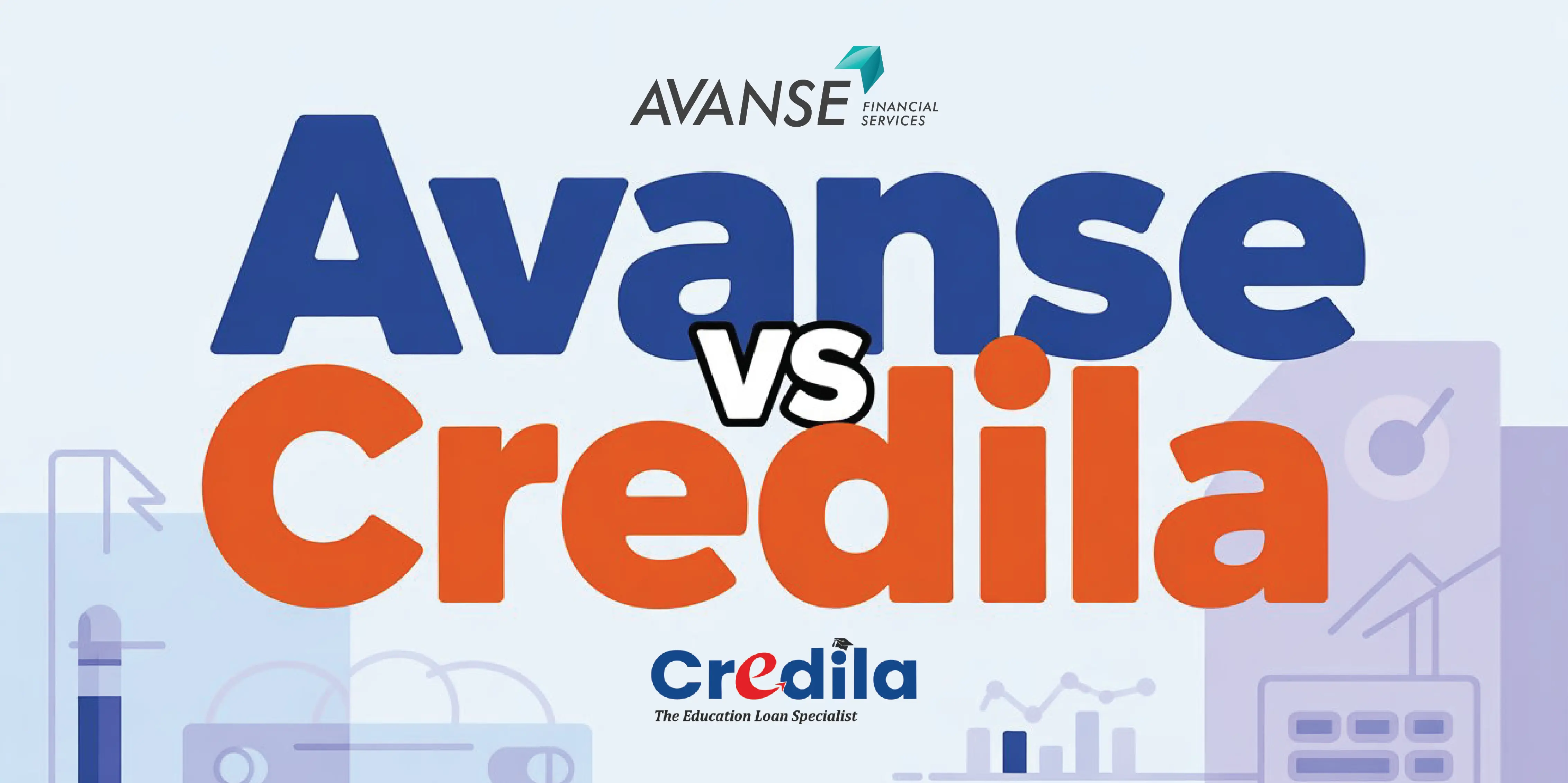https://www.wemakescholars.com/blog/living-expenses-in-canada-for-indian-international-students
Living Costs in Canada for Indian and International Students
Abroad Education Loan | Updated on ()

HEST 2026
India's Largest Higher
Education Scholarship Test
Total Scholarships up to 2 Cr
Know more and Apply
Registrations close in
Canada has consistently ranked among the best countries to study abroad for students due to its quality education post post-study work opportunities. However, before you start your Canadian journey, it is crucial to understand the cost of living in Canada for Indian and International students.
This blog gives a detailed breakdown to help you finance effectively and make informed decisions.
Living Expenses in Canada for Indian Students
Studying in Canada is exciting, but the expenses can quickly add up if you are not prepared.
From rent and groceries to transport and health insurance, every cost affects your monthly budget.
On average, Indian students need INR 65000 to 95000 per month to cover the monthly expenses in Canada. This amount does not include house rent, as it varies from place to place.
Below is a category-wise estimate in both CAD and INR, so you can see exactly where your money will go how much you’ll need to manage your lifestyle in Canada.
|
Category |
Estimated Monthly Cost*(CAD) |
Estimated Monthly Cost*(INR) |
|
Accommodation |
CAD 600 - CAD 2500 |
₹38,268 – ₹1,59,450 |
|
Food & Groceries |
CAD 300 - CAD 800 |
₹19,000 - ₹50687 |
|
Personal & Miscellaneous (Clothing, Books, Entertainment, etc.) |
CAD 100 – CAD 300 |
₹6,378 – ₹19,134 |
|
Utilities(Hydro, gas, electricity, etc.) |
CAD 50 - CAD 150 |
₹3167 - ₹9503 |
|
Public Transportation |
CAD 102 - CAD185 |
₹6462 - ₹11721 |
|
Cell Phone with data for the internet |
CAD 60 - CAD 150 |
₹3801 - ₹9503 |
|
Home cable with internet |
CAD 100 - CAD 200 |
₹6,378 - ₹12671 |
|
Health Insurance |
CAD 163 |
₹10327 |
*These are estimated values of current market prices that are subject to change.
Here’s a clear breakdown of the category-wise estimate:
Accommodation:
Accommodation is often the largest part of a student's budget. You can choose from on-campus housing off off-campus rentals.
-
On-campus housing: CAD 600 - CAD 1,000 per month.
-
Off-campus shared apartment: CAD 700 - CAD 1500 per month
Most of the Indian students prefer shared rentals to reduce costs and enjoy more independence.
Food & Groceries:
On average, you can expect to spend CAD 300 - CAD 800 per month on groceries.
An average meal in a Canadian restaurant costs about $10 to $15 CAD for an individual. Cooking at home is always more budget-friendly for indian students, while frequently eating out can nearly double the monthly spend.
Personal & Miscellaneous Expenses:
Personal expenses such as clothing, entertainment, books, etc., can cost about CAD 100 – CAD 300 per month, depending on how much you buy new items, etc.
Utilities:
Utilities such as Hydro, gas, electricity, etc., typically cost CAD 50 - CAD 150 if not included in rent.
Many shared accommodations split utility bills among roommates, making it more affordable.
Public Transportation:
Public transportation is reliable and cost-effective in most Canadian cities. Students can get monthly transit passes that range from CAD 102 - CAD 185, depending on the city. Biking and walking are also popular options for saving money and staying healthy.
Internet:
CAD 60-200/month depending on data plan, speed, sharing, etc.
Health Insurance:
Normally CAD 163 per month, depending on province and coverage. Some provinces allow international students to join provincial health plans; others require private or university insurance. Coverage often excludes dental, vision, etc, unless added.
Living Expenses in Canada for International Students
As an international student, you should prepare a budget of CAD 1,000 to CAD 1,500 per month for your living expenses in Canada. This money will cover your rent, transport, groceries, and other utilities. However, do remember that your living expenses can increase according to the city you live in and your lifestyle choices.
Below is a category-wise estimate in CAD
|
Category |
Estimated Monthly Cost*(CAD) |
|
Accommodation |
CAD 600 - CAD 2500 |
|
Food & Groceries |
CAD 300 - CAD 800 |
|
Personal & Miscellaneous (Clothing, Books, Entertainment, etc.) |
CAD 100 – CAD 300 |
|
Utilities(Hydro, gas, electricity, etc.) |
CAD 50 - CAD 150 |
|
Public Transportation |
CAD 102 - CAD185 |
|
Cell Phone with data for the internet |
CAD 60 - CAD 150 |
|
Home cable with internet |
CAD 100 - CAD 200 |
|
Health Insurance |
CAD 163 |
*These are estimated values of current market prices that are subject to change. The aim is to provide students with an estimate to plan their expenses accordingly when investing in higher education.
Here’s a clear breakdown of the category-wise estimate:
Accommodation:
-
On-campus housing: CAD 600 - CAD 1,000 per month.
-
Off-campus shared apartment: CAD 700 - CAD 1500 per month.
Food and Grocery:
On average, you can expect to spend CAD 200 to CAD 400 per month on groceries. Cooking at home is much more budget-friendly than eating out.
Transportation:
-
Public transit / monthly pass: CAD 80-150/month depending on city. Students often get discounts.
-
If you live close to campus, costs may be lower.
Personal & Miscellaneous Expenses:
Clothing, entertainment, books & supplies, laundry, etc., cost around CAD 100-300 per month. This depends on how much you spend.
Utilities:
Utilities such as Hydro, gas, electricity, etc., typically cost CAD 50 - CAD 150 if not included in rent.
Many shared accommodations split utility bills among roommates, making it more affordable.
Internet:
CAD 60-200/month depending on data plan, speed, sharing, etc.
Health Insurance:
Health insurance is mandatory for all international students in Canada. The cost varies by province but is typically around CAD 163 per month. Provinces like British Columbia and Alberta include international students under their public healthcare plans, while others may require private insurance.
City-Wise Living Expenses for Canada
Living expenses in Canada vary depending on the city. Cities like Toronto and Vancouver rank as the most expensive due to higher rents, dining, and transit costs, while cities like Calgary, Ottawa, and Halifax are comparatively affordable.
|
City |
Estimated Monthly Cost*(CAD) |
|
Toronto |
1530 |
|
Vancouver |
1481 |
|
Montreal |
1375 |
|
Calgary |
1591 |
|
Edmonton |
1465 |
|
Ottawa |
1477 |
|
Halifax |
1436 |
|
Quebec City |
1288 |
*These are estimated values of current market prices that are subject to change.
Source: Numbeo
Tips for Managing Living Expenses as an International & Indian Student
Living in Canada as a student can feel expensive, especially in cities like Toronto and Vancouver. But making smart choices can make a big difference in your monthly budget. Here are a few tips on how to manage your living expenses effectively:
- Choose shared housing: Opting for a shared apartment or basement unit with other students can cut housing costs by 30-40%.
- Use public transit passes: Monthly student passes offered by most transit systems are much cheaper than buying single tickets.
- Cook at home: Cooking meals and sharing groceries with roommates helps you save big.
- Student discounts: carrying your student ID can get 10 to 30% discounts.
- Buy used or digital textbooks: Bookstore prices are usually high. Using used copies, renting books online, or using digital versions can save a lot.
- Work part-time legally: By working on campus, not only earn extra money but also gain work experience.
- Leverage Campus Facilities: Most universities include a gym, counselling, and health clinics. Using them instead of paying outside saves money.
How an Education Loan Helps Students Cover Living Expenses in Canada
Managing living expenses can be a headache for everyone, whether you're from India or are an international student in Canada. This includes costs such as rent, groceries, transportation, health insurance, and more. This is where an education loan comes into the picture. Lenders cover all the expenses in their education loan schemes, in addition to the tuition fee.
Expenses Covered under Education Loan
Education loans typically cover the following expenses:
Tuition Fees: Covers the course tuition fee, which is required by the university.
Living Expenses: Accommodation, food, and transportation are covered under living expenses.
Health Insurance: Health insurance is mandatory for an education loan.
Miscellaneous Expenses: Things such as books, laptops, and travel tickets are also a part of the expenses.
Read: Expenses Covered By An Education Loan In India For Study Abroad
Benefits of Taking an Education Loan
The following are a few benefits of taking an education loan that students get:
- Income tax exemption under Section 80E
- Paying after the moratorium period
- Education loan interest subsidy
- Living expenses covered
- Tax collection at source(TCS) on foreign remittance
Apply through WeMakeScholars to start your education loan process today. We provide you with all the required details and will guide you through the entire process of applying for your education loan. We connect you with the best education loan lender across India.
Conclusion
Understanding the living expenses for students is important for planning your dream of studying in Canada. Understand your monthly expenses and make lifestyle changes to stay within your budget while maintaining comfort. Balancing the budget and financial assistance helps concentrate on academic pursuits.




Kindly login to comment and ask your questions about Scholarships & Education Loans